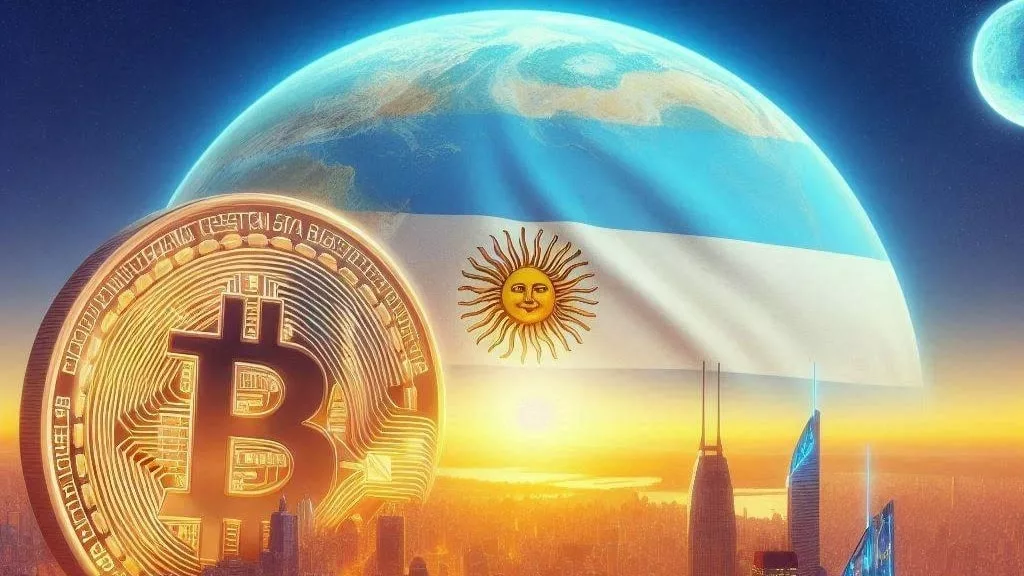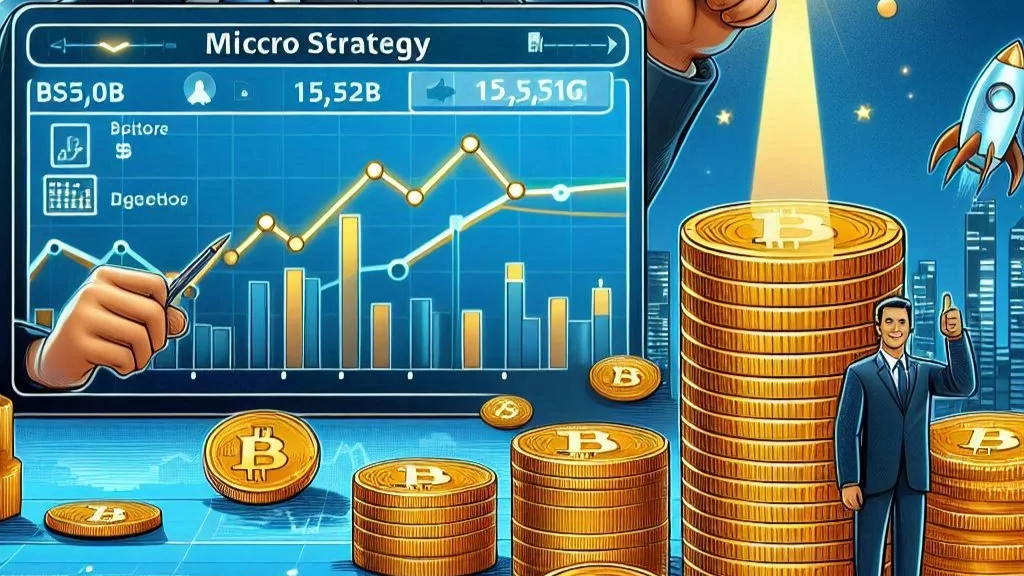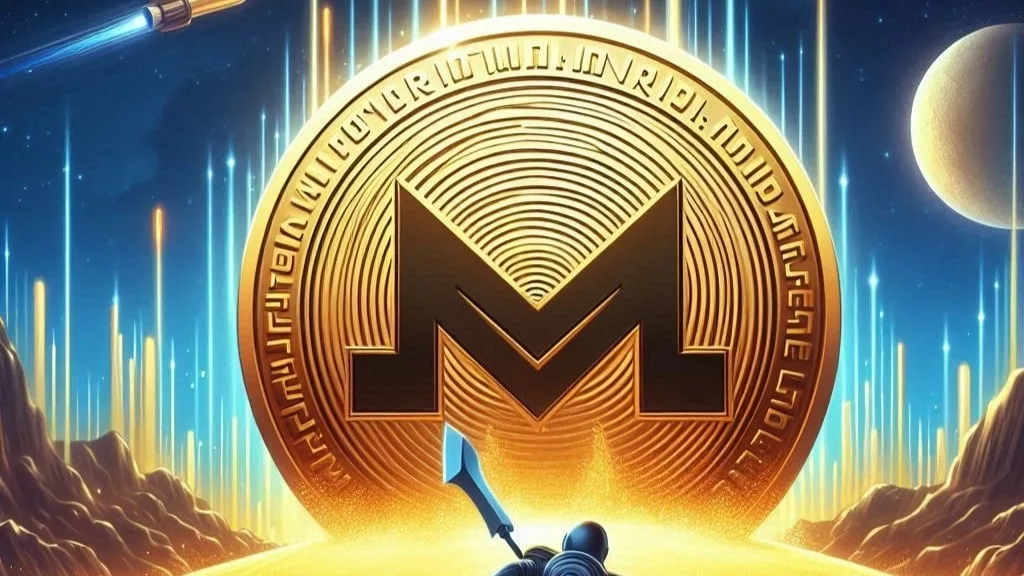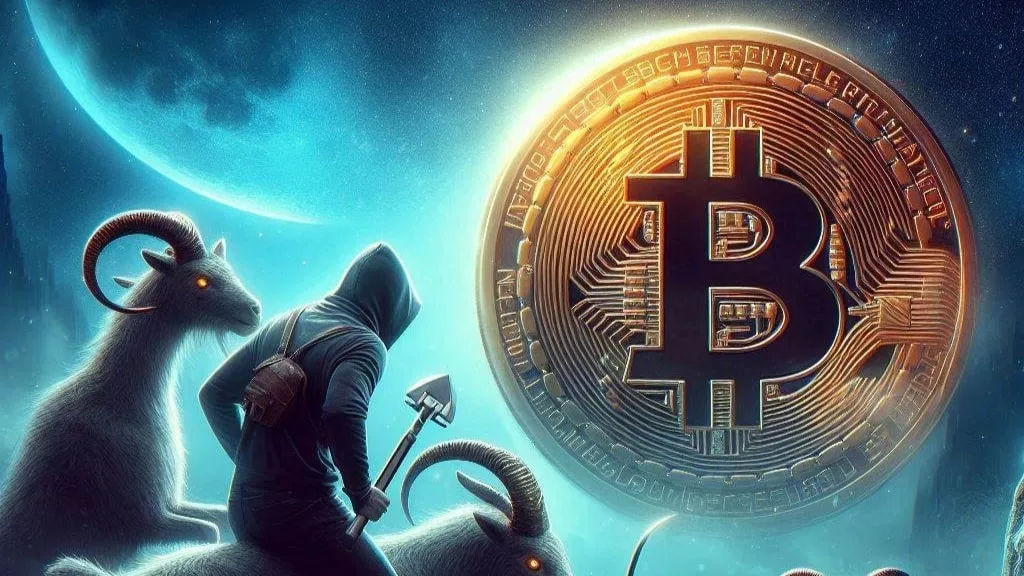
Welcome to Latam Insights Encore, your go-to source for the latest economic and cryptocurrency news in Latin America. In this edition, we focus on President Nayib Bukele’s official visit to Argentina and what it might mean for the country’s cryptocurrency landscape under President Javier Milei.
Last week, Nayib Bukele, the president of El Salvador and a prominent advocate for Bitcoin, visited Argentina, where he met with President Javier Milei and members of the Argentine Senate. This meeting has speculation about the potential integration of Bitcoin into Milei’s economic framework, particularly following discussions with Vice President Victoria Villarruel regarding cryptocurrency and regulatory matters.
While official reports did not explicitly confirm discussions about Bitcoin between Milei and Bukele, Villarruel’s interest in cryptocurrency issues hints at possible future initiatives that could align with El Salvador’s Bitcoin agenda. Given El Salvador’s historic move to adopt Bitcoin as legal tender, Milei’s administration could draw inspiration from Bukele’s experience in this area.
Javier Milei has yet to establish himself as a fervent proponent of Bitcoin during his administration, but his economic principles align closely with the cryptocurrency’s underlying philosophies. His anti-debt and anti-central bank stance suggests a natural affinity for Bitcoin as a form of “libertarian money.” Previously, Milei stated that he envisions a multi-currency environment for Argentina that includes Bitcoin among other currencies, emphasizing, “If you want to use Bitcoin, there will be no problems.”
This openness to Bitcoin as part of Argentina’s economic strategy could lead to a significant shift, particularly if Milei decides to adopt measures that favor cryptocurrency integration. However, several challenges remain.
Argentina’s substantial debt of over $40 billion to the International Monetary Fund (IMF) poses a significant barrier to Milei’s pro-Bitcoin aspirations. The IMF’s stringent conditions could limit the government’s ability to pursue cryptocurrency-friendly policies, forcing Milei to tread carefully. As El Salvador continues to negotiate with the IMF regarding its own Bitcoin laws, Bukele is under pressure to “narrow the scope” of Bitcoin’s implementation, which may set a precedent that Milei will need to consider.
While the likelihood of Argentina adopting Bitcoin as legal tender seems slim, the possibility of Milei implementing more crypto-friendly regulations cannot be ruled out. Initiatives that promote cryptocurrency use, enhance regulatory clarity, or encourage innovation in the fintech sector are all within the realm of possibility.
Bukele’s visit may serve as a crucial turning point for Milei’s administration, encouraging further exploration of how Bitcoin can play a role in Argentina’s economic future. This could set the stage for greater acceptance of cryptocurrencies in the country, paving the way for a more innovative financial ecosystem.
As Bukele and Milei continue to navigate their respective economic landscapes, the potential for a closer relationship between Bitcoin and Argentina remains intriguing. While challenges abound, the growing dialogue surrounding cryptocurrency could lead to significant developments in the region.
For now, all eyes will be on Milei’s next moves and whether he chooses to embrace Bukele’s vision of Bitcoin as a tool for economic freedom. As the world watches, the future of cryptocurrency in Latin America remains uncertain yet full of possibilities.




Get the latest Crypto & Blockchain News in your inbox.